Brocade increases density with three blades
Brocade has unveiled three blades which offer greater density and lower power consumption per port, helping it to fend off the increasing threat from Cisco.
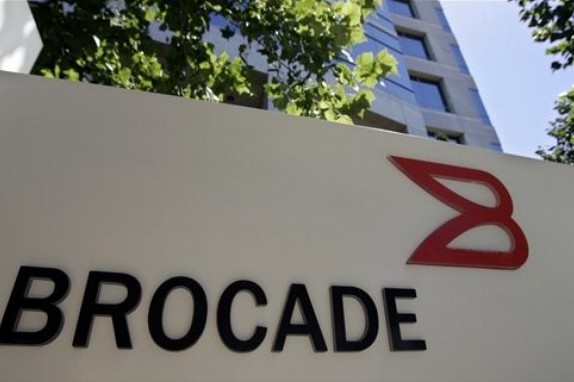
Brocade has unveiled three blades for its data centre platforms, offering increased density and lower power consumption per port.
The products fit into Brocade's NetIron MLX and DCX Backbone platforms. They are the 8x10G-M series blade for carrier ethernet networks, the 8x10G-D series blade for enterprise data centres and the FC8-64 blade designed for the DCX.
The first two blades double the density of the MLX to 256 ports per chassis. The 10Gbit/s enterprise product supports IPv4 and IPv6 with a forwarding information base (FIB) of up to 256 IPv4 routes. Brocade claims the latest model requires 45 per cent less power and cooling than its existing offerings.
The 8x10G-D will be made available within weeks at a price of $27,995.
The FC8-64 blade takes Brocade from 384 to 512 ports per chassis. EMC, IBM, and HP are likely to resell the product later in 2010.
After a slowdown in investment during the recession, many businesses are deploying 10Gbit/s in their core networks. Brocade claims it is starting to get some early interest for 100Gbit/s products, and says it has received early orders.
The company's switching portfolio took a boost through the ethernet products it gained from its acquisition of Foundry Networks in July 2008.
Get the ITPro daily newsletter
Sign up today and you will receive a free copy of our Future Focus 2025 report - the leading guidance on AI, cybersecurity and other IT challenges as per 700+ senior executives
But it faces a sterner challenge from Cisco as the networking giant develops a more comprehensive data centre portfolio.
Analyst firm Dell'Oro says that Brocade has a 63 per cent market share compared with 33 per cent for Cisco in the overall fibre channel switch market.
Cisco supports slightly more ports per chassis at 528 ports on its MDS9500: 16 more than Brocade's DCX director.
-
 Bigger salaries, more burnout: Is the CISO role in crisis?
Bigger salaries, more burnout: Is the CISO role in crisis?In-depth CISOs are more stressed than ever before – but why is this and what can be done?
By Kate O'Flaherty Published
-
 Cheap cyber crime kits can be bought on the dark web for less than $25
Cheap cyber crime kits can be bought on the dark web for less than $25News Research from NordVPN shows phishing kits are now widely available on the dark web and via messaging apps like Telegram, and are often selling for less than $25.
By Emma Woollacott Published
-
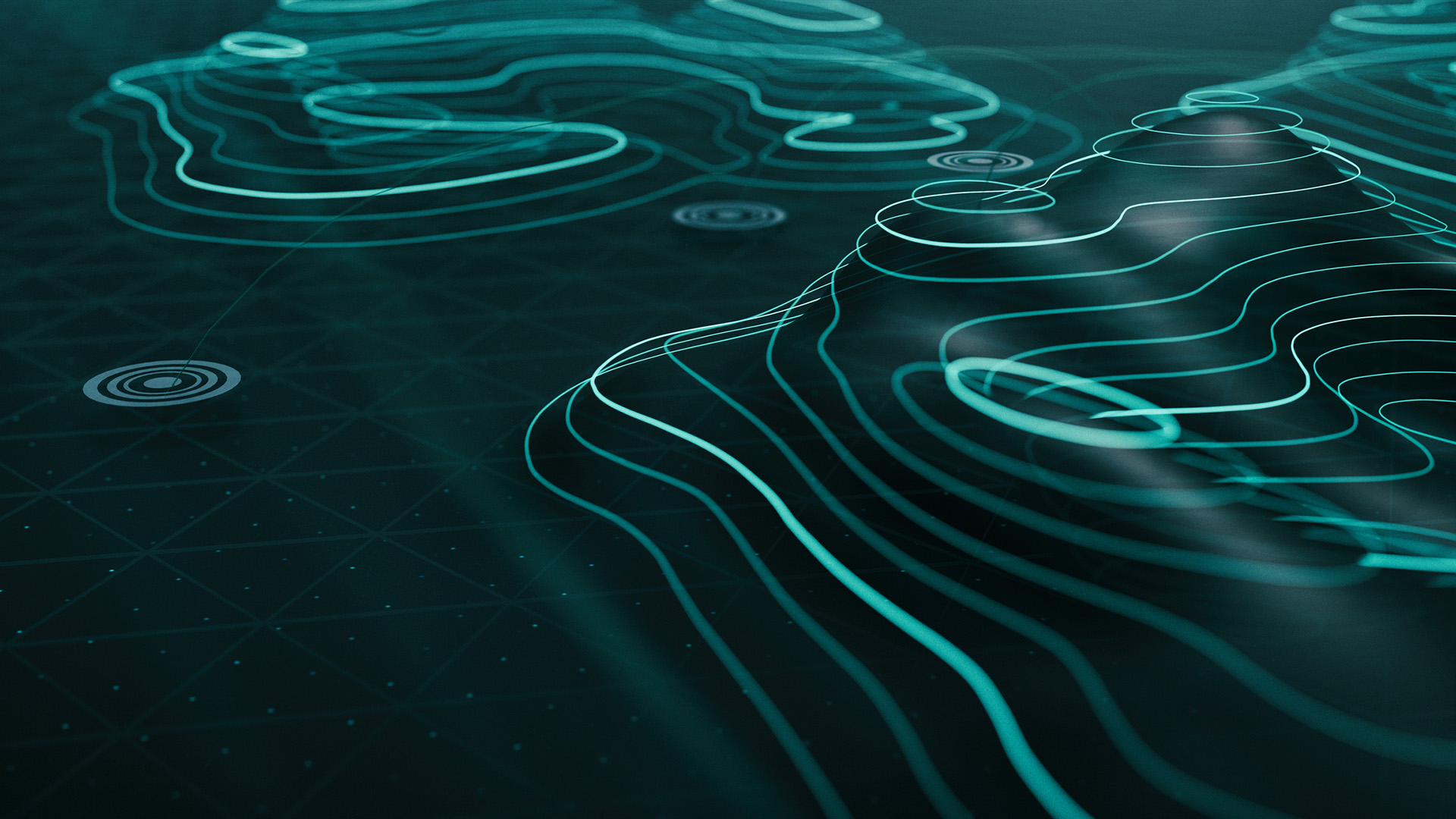 Cisco claims new smart switches provide next-level perimeter defense
Cisco claims new smart switches provide next-level perimeter defenseNews Cisco’s ‘security everywhere’ mantra has just taken on new meaning with the launch of a series of smart network switches.
By Solomon Klappholz Published
-
 Cisco is jailbreaking AI models so you don’t have to worry about it
Cisco is jailbreaking AI models so you don’t have to worry about itNews Cisco's new AI Defense security solution helps organizations shore up LLM security by identifying potential flaws.
By Solomon Klappholz Published
-
 Cisco dispels Kraken data breach claims, insists stolen data came from old attack
Cisco dispels Kraken data breach claims, insists stolen data came from old attackNews Cisco has refuted claims it has suffered a data breach after the Kraken threat group posted stolen data online.
By Solomon Klappholz Published
-
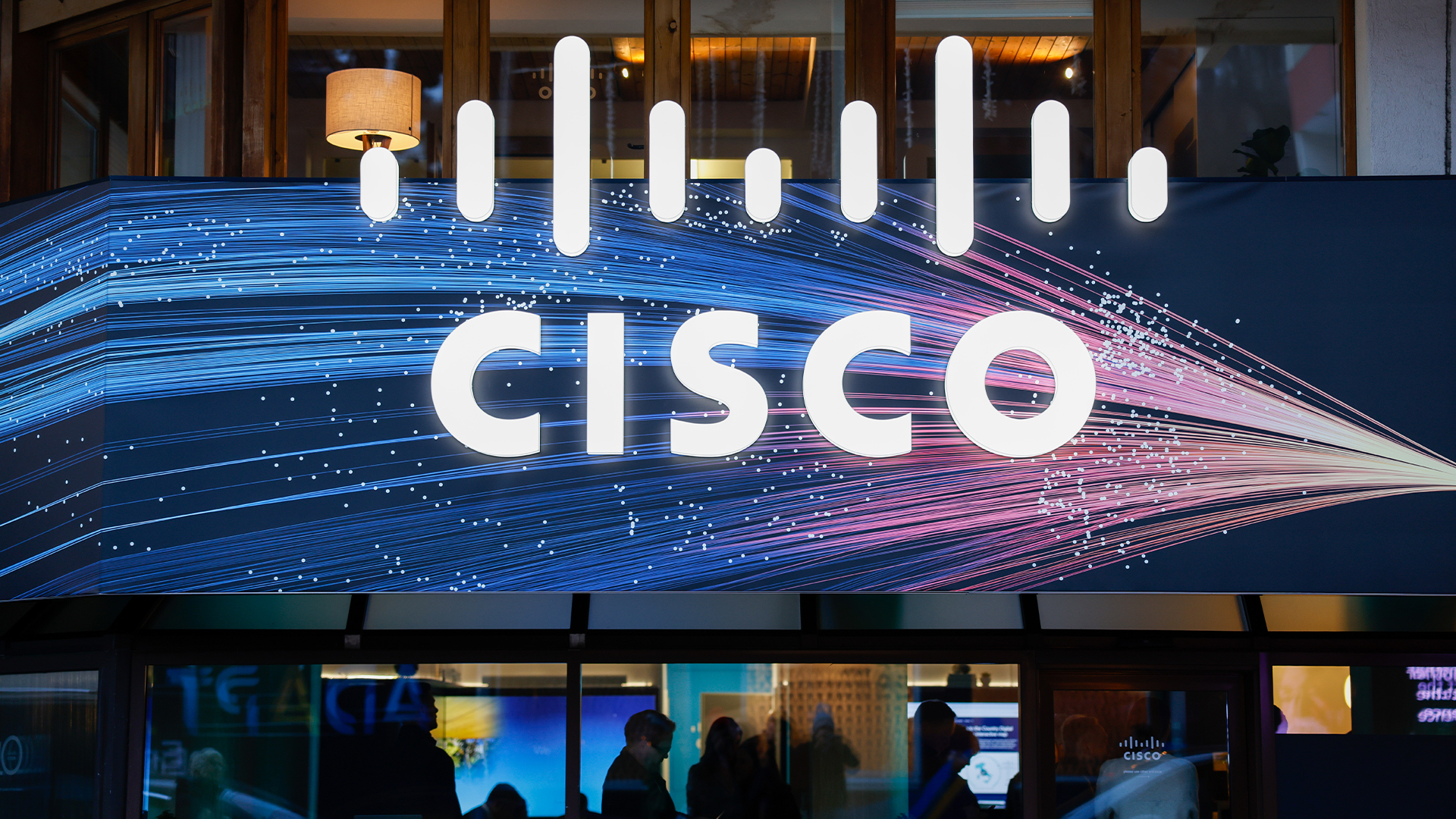 Cisco patches critical flaws in Identity Services Engine
Cisco patches critical flaws in Identity Services EngineNews Cisco has issued patches for a pair of critical vulnerabilities affecting its Identity Service Engine (ISE).
By Nicole Kobie Published
-
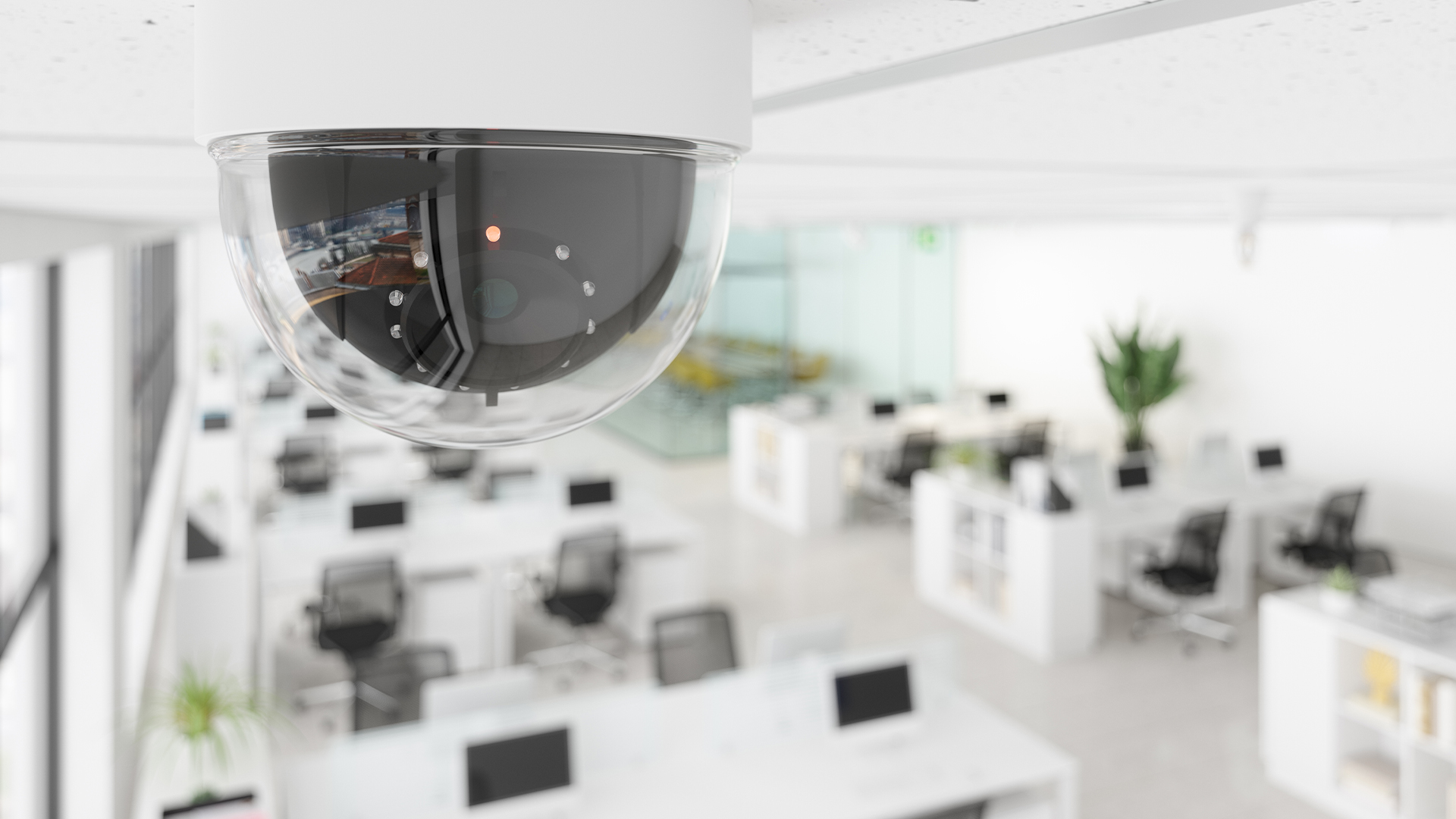 Your office is now absolutely riddled with surveillance equipment
Your office is now absolutely riddled with surveillance equipmentNews While workplace monitoring is shown to have a detrimental effect on morale, many firms are still charging ahead
By Nicole Kobie Published
-
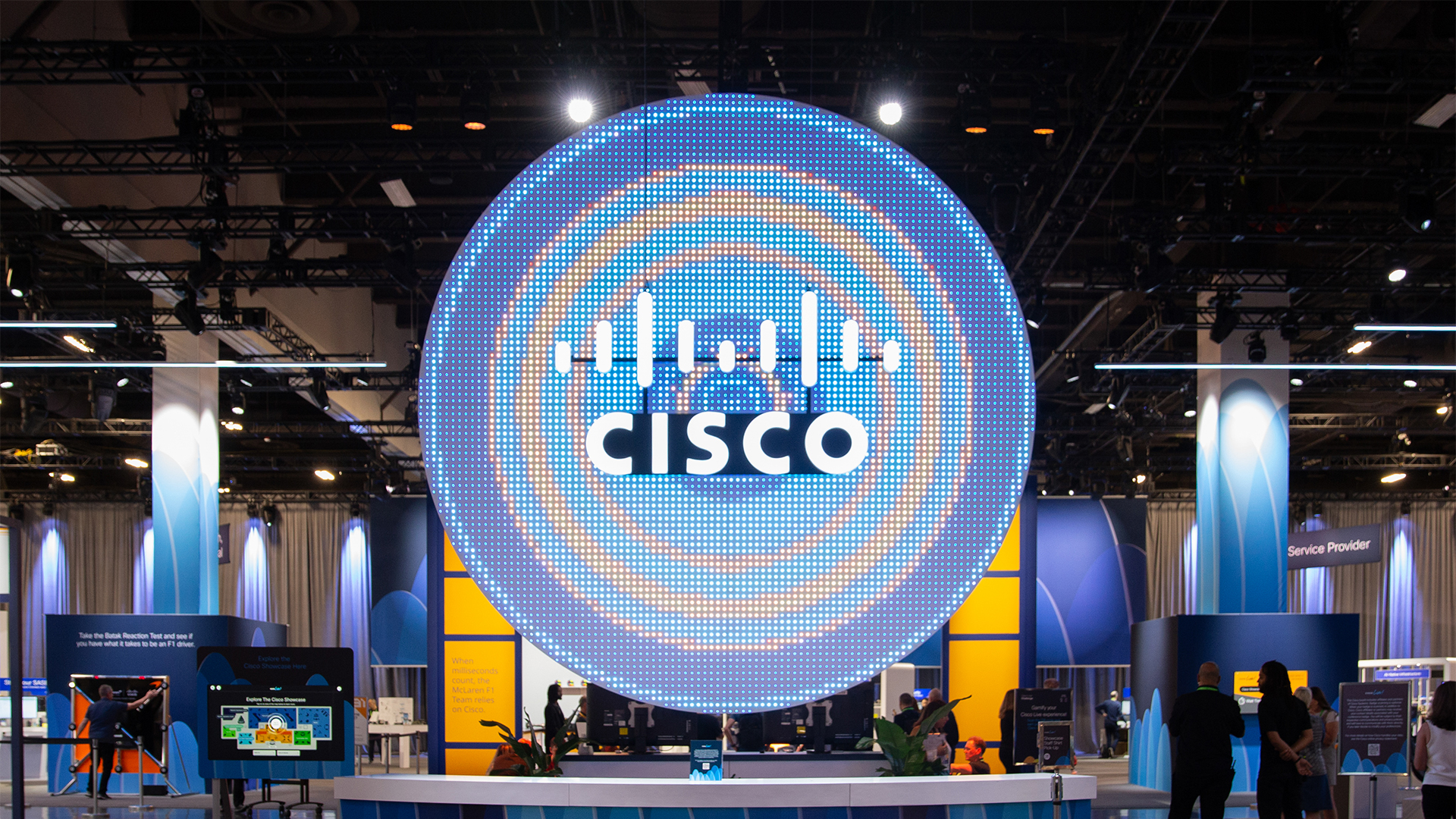 Cisco confirms attackers stole data, shuts down access to compromised DevHub environment
Cisco confirms attackers stole data, shuts down access to compromised DevHub environmentNews The tech giant insists that no sensitive customer information has been compromised
By Solomon Klappholz Published
-
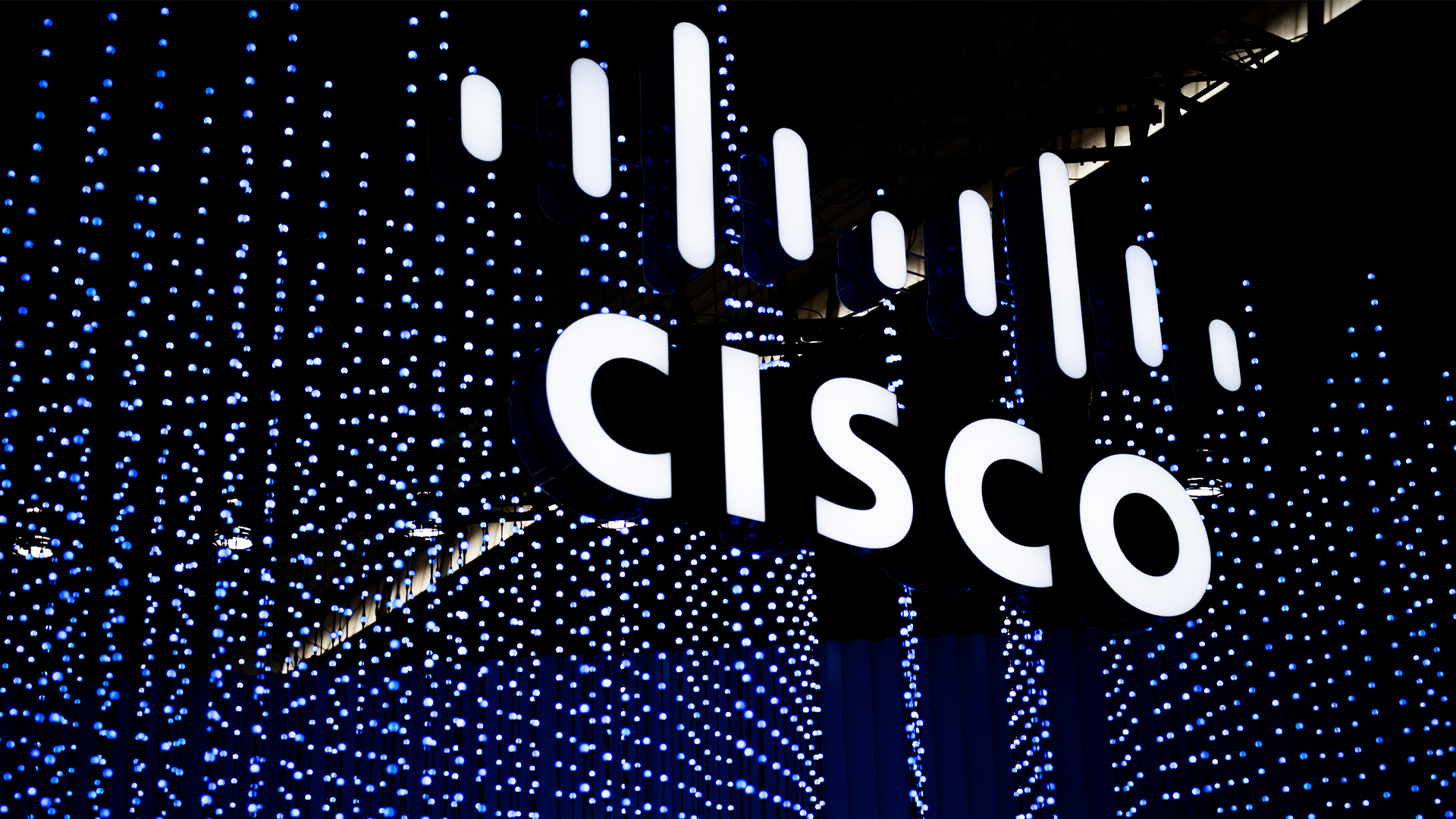 Cisco confirms investigation amid data breach claims
Cisco confirms investigation amid data breach claimsNews The networking giant says its probe is ongoing amid claims a threat actors accessed company data
By Nicole Kobie Published
-
 Rubrik partners with Cisco to bolster cyber resilience
Rubrik partners with Cisco to bolster cyber resilienceNews Rubrik now integrates with Cisco XDR and is listed on the connectivity giant’s SolutionsPlus program
By Daniel Todd Published